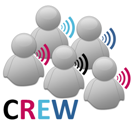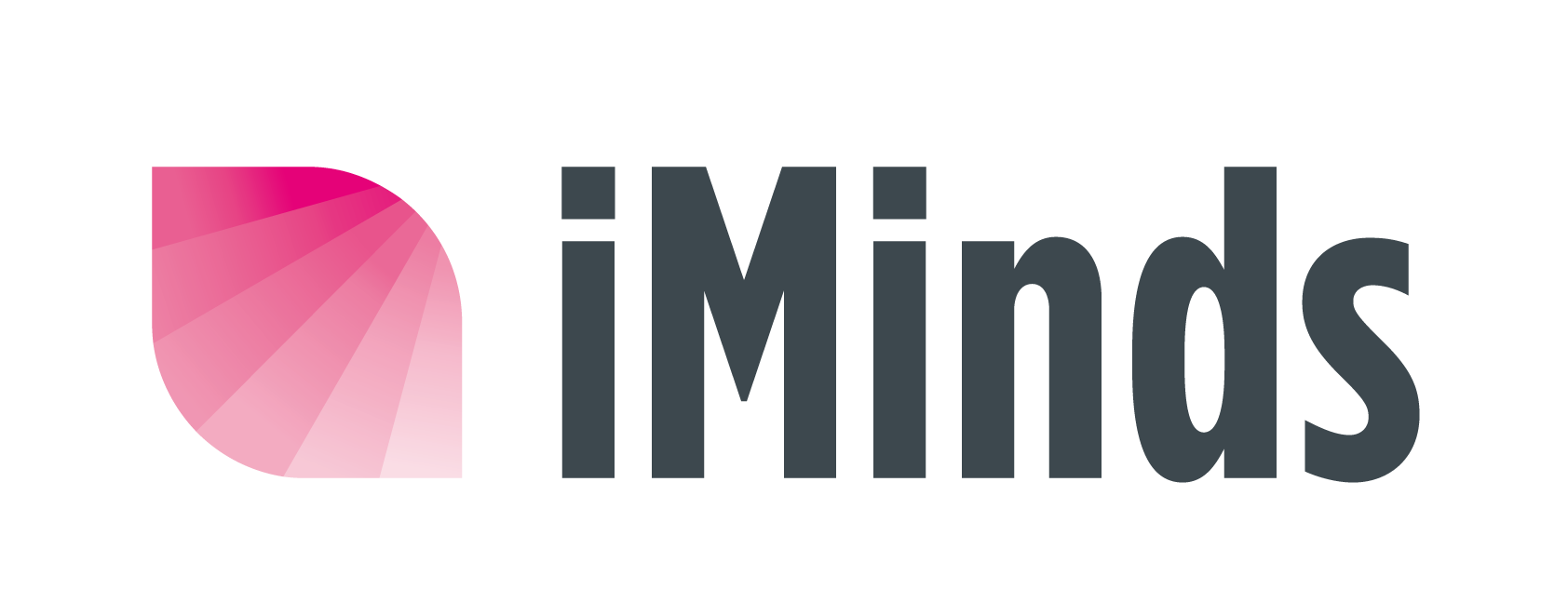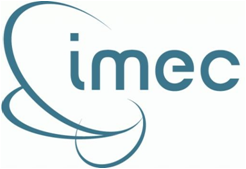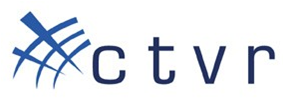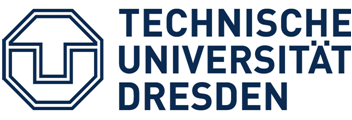TUD
Technische Universität Dresden (TUD) was founded in 1828 and is among Germany's oldest and most renowned Universities of technology. The TUD is the largest University in the region, with more than 30 000 students and 4 500 employees, including about 600 professors. The current focus of the Vodafone Chair Mobile Communications Systems at the University of Dresden lies on the physical layer systems research including medium access problems, with a special emphasis on wireless radio network problems (capacity and planning), wireless modems (mobile terminals and base stations), and IC implementation architectures. Of particular interest are problems and solutions that are found in a trade-off between these focus areas. The chair was founded in September 1994 by an endowment of the Mannesmann Mobilfunk GmbH, Düsseldorf, Germany. These areas are considered key to realizing a radio system concept based on the QoSMOS approach. TUD is involved in European and national research projects on a regular basis.
